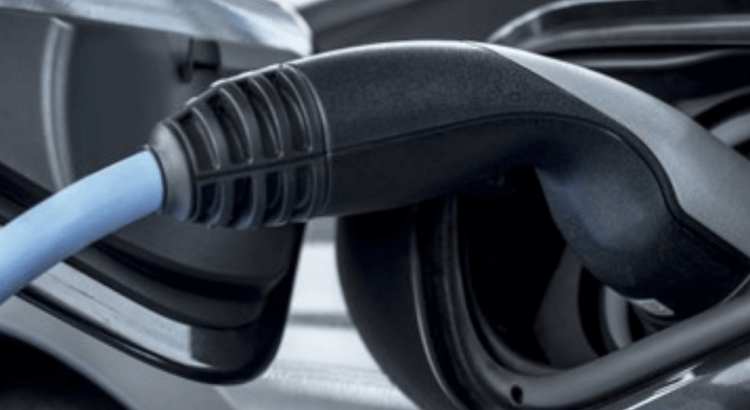
Maintenance of Hybrid Cars: Particularities and challenge
Learn all about hybrid cars and find out how to properly maintain these cars.
Hybrid cars have been on the market since the early 2000s, but only recently they have become popular.
Nowadays, these vehicles are more developed and more economical than the first manufactured models.
Despite their numerous advantages, these cars present different challenges than conventional diesel and gasoline engines, especially when it comes to repair and maintenance.
In this article, we introduce you to the particularities of hybrid cars and guide you through their main repair and maintenance challenges.
What is a hybrid car?
A hybrid car uses two energy sources. This generally means that the electrical energy stored in the batteries is combined with the combustion energy of gasoline or diesel.
In addition to the economic benefits, hybrid cars also have environmental benefits, such as a reduced number of gas emissions.
Perfectly aware of this reality and of the urgency of contributing to a sustainable world, many car manufacturers are adapting to bring more hybrid or all-electric models on the market.
What types of hybrid cars are on the market?
There are currently 3 types of hybrid cars on the market:
1. Full Hybrid or “Conventional” Hybrid
The “Full Hybrid” or, as many call it, “conventional” hybrid, was the first hybrid car to be launched on the market.
This type of hybrid uses the combustion engine and the electric motor to move, simultaneously or independently.
These automobiles can contain small amounts of electrical charge that can be used to provide extra power that is utilized with the combustion engine, thus improving fuel economy.
As the electric motors are integrated into the transmission system, a Full Hybrid can also work only with the electric motor. However, since the batteries are relatively small, this is only possible at low speeds and over limited distances.
The small size of the batteries also means they can be quickly and fully charged by the engine. And even if they are completely discharged, this car can always be driven using petrol or diesel.
2. Mild Hybrid or Micro-hybrid
Like “conventional” hybrids, Mild Hybrid or Micro-Hybrids use an electric motor and a combustion engine, but the two energy sources cannot be used independently of each other. Instead, the small electric motor is used exclusively to assist the engine.
Mild Hybrid Systems (MHEV – Mild-Hybrid Electric Vehicles) allow energy to be recovered through braking. This energy can then be used during acceleration and to smooth the car’s starting.
3. Plug-In Hybrid
A plug-in hybrid car (or PHEV) is a hybrid that, as the name suggests, can be plugged in to charge the electric batteries.
Basically, it’s a fully hybrid car that features larger on-board batteries that can be charged from an external power source. It provides much better electrical range than a “conventional” hybrid car.
Its large capacity of energy storage allows extended all-electric driving and can significantly reduce fuel consumption.

3 Challenges of Repairing a Hybrid Car
Hybrid vehicles are more economical and it is difficult to argue against this statement.
However, they have their own set of maintenance requirements that differ from gasoline or diesel vehicles.
To conduct a good repair on a hybrid car , there are 3 things you need to know:
1. The technology is sophisticated
Most hybrid and electric cars have complex systems that control the vehicle’s engine.
Furthermore, a hybrid car battery is also a particularly challenging piece of equipment to work with.
Common repair jobs, such as changing the oil and brake disc pads, are the same as for other vehicles, but when it comes to technology, skilled labor is definitely required.
2. Battery replacement is costly
In general, those who own a hybrid car can actually save money on repairs in the long term. This might seem counterintuitive considering the complexity of the technology.
However, as they are technologically advanced, they need few repairs during their lifetime.
The only exception comes when the battery needs to be replaced, since it can represent a high cost.
3. A technician specialized in this technology is needed
As mentioned above, there are certain components of a hybrid car that require a special set of mechanical skills that only a certified professional will have.
Make sure you recruit a mechanic with the necessary training to repair hybrid cars and complete repairs.
